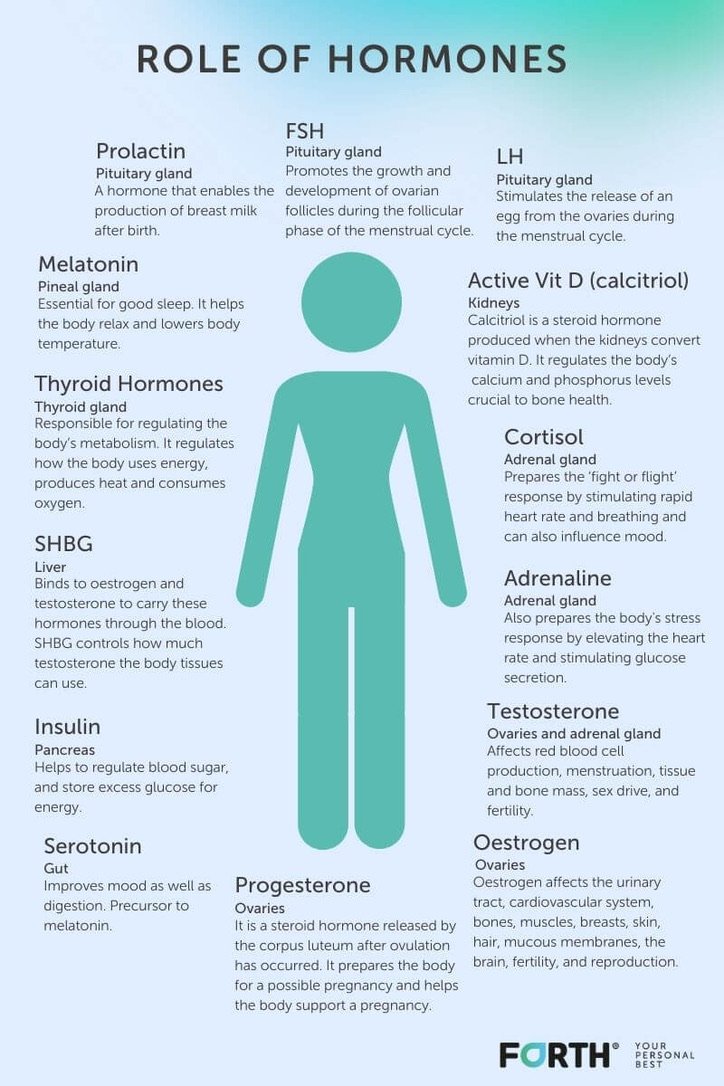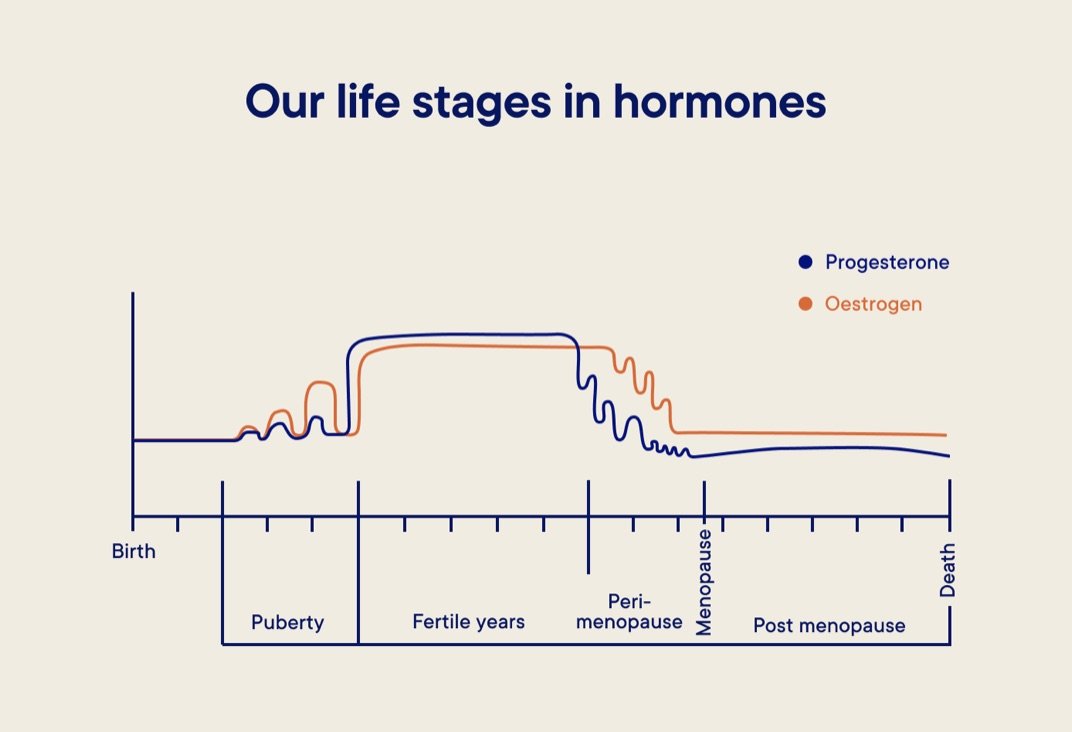[Un]reasonably outraged by the hidden causes of women’s fatigue
Photo: George Milton from Pexels
Friends and family remark more often than I’d like, “you look tired”. They’re right of course because I am tired. Always tired. Despite getting the recommended hours of sleep, my profound and persistent exhaustion remains.
I am of a certain age. An age where various physiological and psychological changes impact my energy levels, but I do feel like I’ve always been a tired person. When I worked in my first full-time job as customer service assistant, I would fall asleep by 8pm every Friday night. I blamed my exhaustion on those customers who rang through with their misplaced abuse and the stress of dealing with them for 40 hours a week (while earning a dismal salary).
As life progressed, I could logically attribute my fatigue to pregnancy (x4), non-sleeping babies (x4), mental load, a rotating roster of sick kids, sports commitments, worries about their academic development or social frictions, money woes, existential crises about my career and the planet.
I had—and still have—bursts of time in my life where I am vibrant and motivated, but the constant desire for a nap is overwhelming, and to be frank, starting to irritate me.
In addition to the list of physical and emotional reasons that could potentially cause my fatigue, I even considered perhaps it was because I just really love my bed. I love to be cosy, to lie down with a book, to rest.
Being raised by the generation who were taught that productivity was king and resting equalled laziness, I often feel guilty for my desire to take a break. Am I a sloth? Or is it me responding to my body’s needs?
Naturally, taking a daily nap is not something our society is built around. Maybe I’ll move to Spain and have that siesta I so often dream about? As I wait for that day, I push through the afternoon slump and get my work and responsibilities sorted.
In investigating this constant energy drain, I diligently listen to podcasts (I love The Dr Louise Newson Podcast), read scientific articles until my brain blurs my vision, make appointments with specialists and eat chocolate to get through.
What I’m learning is that hormones are often to blame, yet they are largely discounted and frequently ignored when it comes to women. I guess because fatigue can be caused by so many things and hormones fluctuate so nailing down testing of our levels is not an easy solution.
Interestingly, men’s cycles don’t have the same complications.
For women, hormone levels typically follow a 28-day cycle. So each new day, my husband wakes up with a fresh, topped up hormone level, and I could be anywhere in my 28-day cycle of hormone hell.
Here are a couple of great visual representations of the pesky hormones for women and how they change over our lifespans. See here for more detailed info.



Of course there are other reasons for fatigue: iron deficiencies and anaemia, sleep disorders, chronic conditions such as autoimmune or thyroid issues, mental health and work pressures, poor diet or lack of exercise. But let’s take a moment to talk about the caregiving responsibilities of women.
Most women care for somebody else: children, aging parents, siblings. We don’t just plan for curveballs but anticipate them and then deal with the damage when they hit. Here’s a great article about the hidden load of trying to do everything for everyone!
Maybe it’s why a study found that women need at least 20 minutes more sleep a night than men?
Women’s brains are wired differently, so their sleep need will be slightly greater. Women tend to multi-task—they do lots at once and are flexible, and so they use more of their actual brain than men do.
Perhaps the answers are in this article: Women Need More Sleep Than Men Because Fighting the Patriarchy Is Exhausting. Ultimately if we continue to carry the bulk of the load it leads to not just fatigue but burnout.
So, despite all I’ve read and listened to, the appointments I’ve had with specialists pleading for some deeper analysis into the hormone factor, and the constant balancing act with my husband to try and have a semi-equal load at home, I have fewer answers than questions. All I know is that women make up 50% of the population but can be so easily dismissed when we voice our concerns. Fatigue is a byproduct of the heavy load we carry, accepted by society as something we should just endure. All this, minus afternoon naps. Who wants to move to Spain?
Are you tired? What’s the remedy aside from more rest?
Kx

